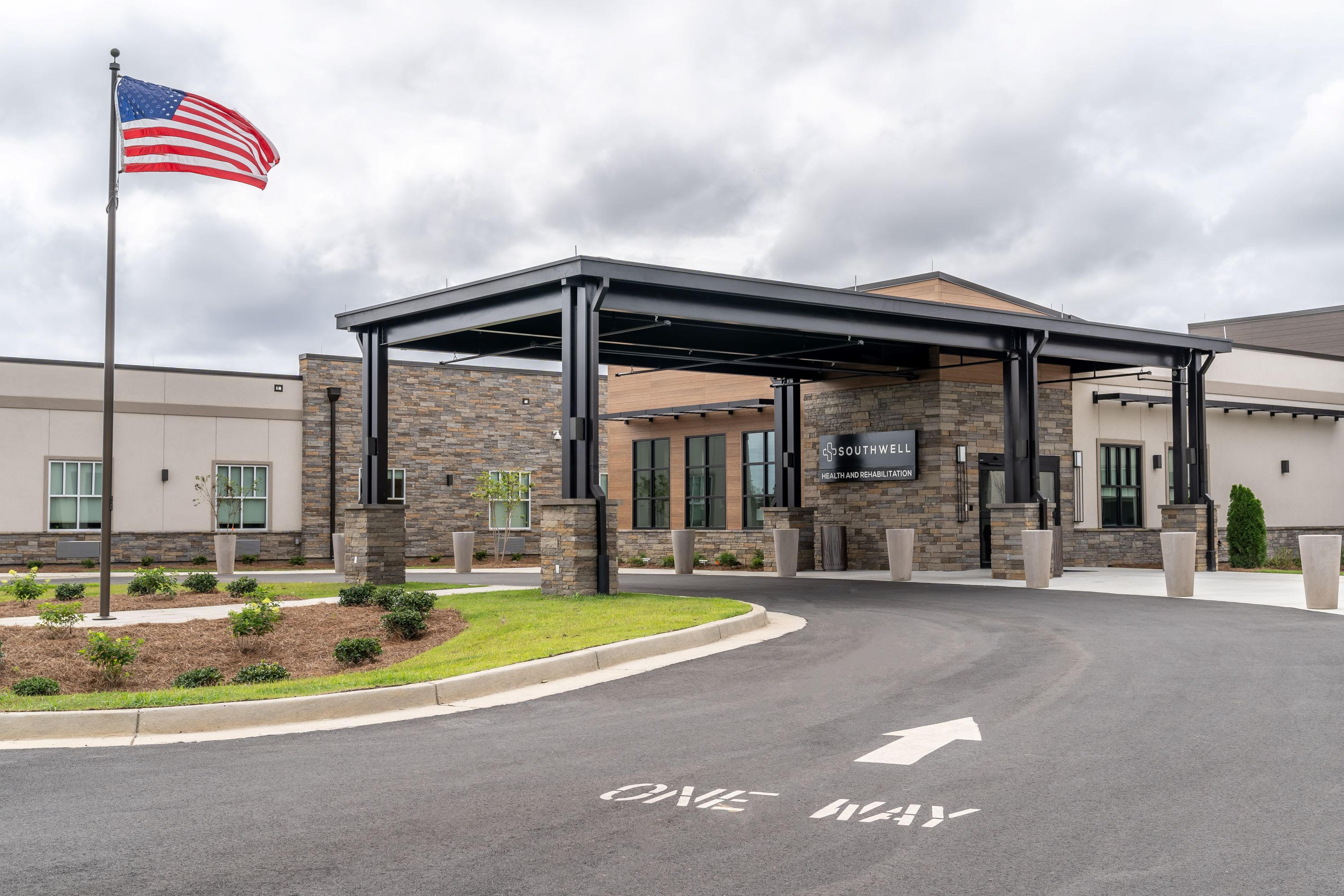County OKs zoning for power plant
Published 11:29 pm Tuesday, June 9, 2009
The Lowndes County Board of Commissioners approved the rezoning of property off of Inner Perimeter Road for the construction of a biomass power plant Tuesday during the regular meeting.
The Valdosta-Lowndes County Industrial Authority had requested the rezone of the property, from Estate Agricultural (E-A) to Intensive Services (I-5), on behalf of Wiregrass Power LLC Biomass Electric Generating Plant.
Several citizens spoke against the rezoning, fearing that the plant operations may be detrimental to the water, air and vegetation.
Dr. Michael Noll presented the commission with a list of questions that addressed the need for the plant in Lowndes County. Noll’s questions included whether there is significant growth in electricity demand to warrant new construction; whether the plant’s use of pine bark would increase the price of pine bark mulch regionally; whether the plant would release hydrogen sulfide, which produces a rotten egg smell; and whether the diversion of the outflow from the plant and adjacent Mud Creek Wastewater Treatment plant will negatively affect downstream flows in the Mud Creek/Alapaha River system.
Industrial Authority Project Manager Allan Ricketts and Executive Director Brad Lofton addressed the citizens’ concerns along with representatives from Wiregrass Power, during which time they explained that the plant would not have any negative impact on the environment in any way.
While addressing Noll’s questions, Wiregrass Power Project Manager Bob Turner said that there has been an increased demand in electricity, which will displace coal fire and gas fire generation. Turner added that he could not tell at this point whether the plant’s use of pine bark would affect the price of mulch, but stated that he did not expect an increase in price.
Turner further stated that the plant would not release a rotten egg smell produced by hydrogen sulfide. When addressing the outflow of the Wiregrass Power and Mud Creek Wastewater Treatment plants, Turner said that the diversion will impact the downstream flow. However, it will improve the quality of the water since the Wiregrass Power plant recycles the wastewater.
Ultimately, the rezone was approved unanimously with the following conditions:
1. Only biomass fuel shall be used to generate electricity at the plant site, except for start-up operations that may require the use of natural gas or diesel fuel for a short period of time (not to exceed three calendar days) to stabilize boiler combustion. Eligible biomass fuel shall at no time during start-up or any other time of operation include any animal byproducts, animal waste, tires, coal or any materials other than what has been presented in the letter of intent with the rezoning application submitted on May 5th, 2009.
2. The use of the property shall only be a 40-megawatt biomass electric generating plant.
3. The proposed use for Wiregrass Power, LLC will be developed and constructed in substantial compliance with the site plan titled “Concept Layout For: Wiregrass Power, LLC” and submitted by the Valdosta-Lowndes County Industrial Authority to the Lowndes County Board of Commissioners with their rezoning application on May 5th, 2009. Additionally, the buffer areas depicted on the site plan shall remain in place to include the maintenance of all proposed buffer areas as presented for the life of the project.
4. There shall be no lighting impact on adjacent properties.
The Wiregrass Power biomass plant will produce 40 megawatts of renewable energy through biomass taken from a variety of local sources. The energy will be available for purchase by Georgia utilities to provide electrical service to commercial and residential customers, Ricketts said.
The facility is set to be located off of Inner Perimeter Road and adjacent to Mud Creek Wastewater Treatment Plant, a potential source for biosolids.
Ricketts said the company will generate biomass from the forest/wood industry through by-products, residue from forest/wood industry, inert landfill material and biosolids from waste water treatment plants. In addition to using biodegradable products to produce electricity, the plant can also use reclaimed water from the treatment plant to be used in the cooling cycle process, Ricketts said.
Lofton said that the plant will create 25 to 30 full-time jobs with average wages well above $20 per hour.
In other business, the commission denied a request to rezone a piece of property on Francis Lake Golf Course from Suburban Density Residential (R-10) to General Commercial (C-G).
Several citizens who live in a nearby subdivision spoke in opposition of the rezoning because they feared the owner would open a restaurant if the property was rezoned for commercial use. The residents said they felt that a new restaurant would increase the noise level, promote more alcohol consumption and increase traffic in the area.
Francis Lake Golf Course Owner J. R. Leonard expressed no definite plans for the property if it was rezoned, but said that the area needs improvement. He assured the commission that whatever changes he made to the property would positively affect the area.
The commission ultimately denied Leonard’s request.





